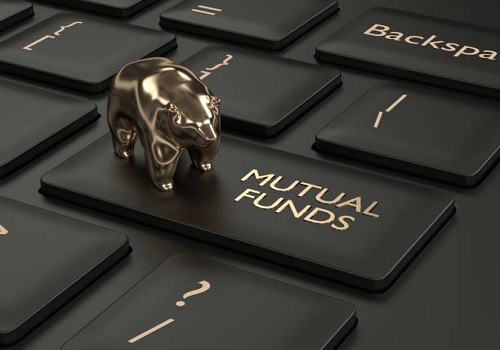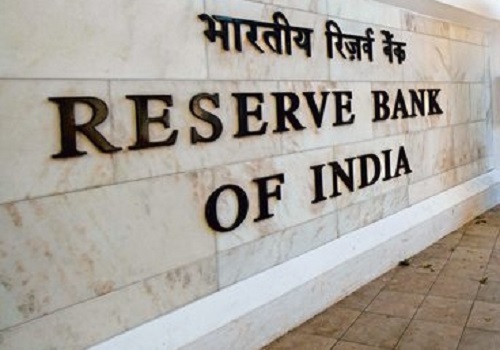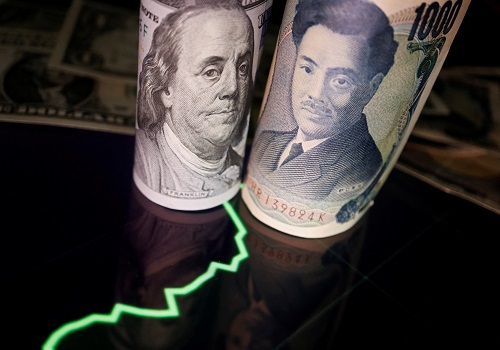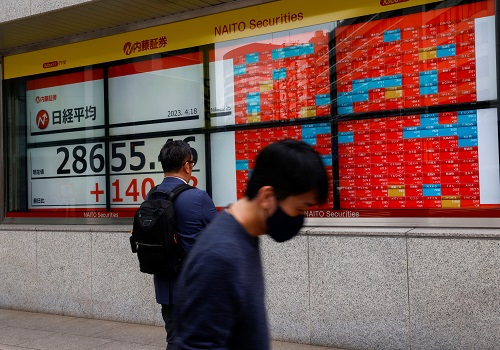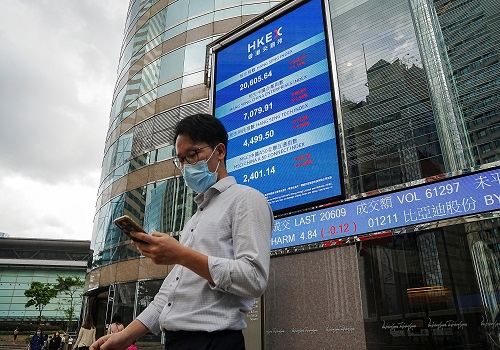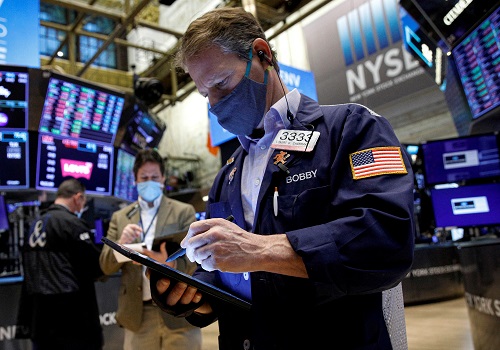Shares deepen losses as U.S. inflation data adds to case for Fed rate hike
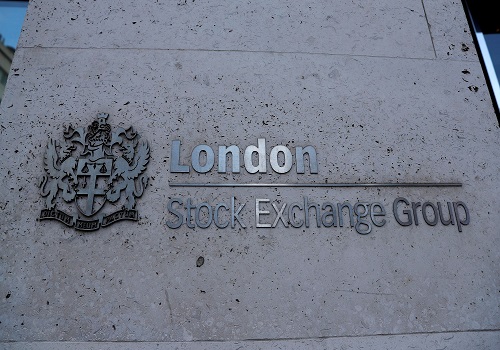
Follow us Now on Telegram ! Get daily 10 - 12 important updates on Business, Finance and Investment. Join our Telegram Channel
LONDON - Shares wilted on Thursday as inflation in the United States raced to almost 8%, likely cementing the case for an interest rate hike by the U.S. Federal Reserve, and the European Central Bank sped up its exit from its massive stimulus programme.
Data showed consumer inflation running at a 7.9% annualised clip in February, bang on analysts' expectations. Wall Street futures barely budged on the data and were last down between 1% and 1.4%.
Stocks had already been under pressure after the European Central Bank accelerated its exit from extraordinary stimulus, in a surprise move, as soaring inflation outweighed concerns about Russia's invasion of Ukraine.
The ECB said it planned to end asset purchases in the third quarter as it tries to put the brakes on price growth in the euro zone, which was at a record high even before Moscow began its assault.
European stocks fell as much as 2.6%, extending losses after the ECB statement. Germany's DAX led the decline, adding to earlier losses to fall as much as 3.4%. A gauge of the bloc's banking stocks briefly ticked higher from near session lows and was last down 3.1%.
The euro climbed half a percent before giving up gains and euro zone bond yields also shot up. The single currency's jump pressured the dollar index into negative territory.
"Central banks are having to focus on the inflation mandate and they see rising pressures as a real problem," said Brad Bechtel, global head of FX at Jeffries.
"Even if the military action ends quickly, the ECB will be grappling with an inflationary surge for a few months and this is the appropriate stance to take."
In earlier trading stocks had wilted after a positive Asian session, as analysts warned that there was no immediate end in sight to the war in Ukraine - even after planned talks between Moscow and Kyiv had lent momentum to riskier bets.
Foreign ministers from Russia and Ukraine met in Turkey on Thursday, in the first highest level talks between the two countries since Moscow invaded its neighbour, but made no apparent progress.
The prospect of talks had buoyed MSCI's broadest index of Asia-Pacific shares outside Japan by 1.8%.
Yet analysts said the gains in Asia, which came after European stocks had their best day in almost two years on Wednesday, were always susceptible to a sharp reversal.
"As with any sort of bear market you always get face-ripping rallies in them, because people are reluctant to be aggressively pessimistic," said Michael Hewson, chief markets analyst at CMC Markets.
Other EU talks were due on Thursday, with leaders set to hold initial discussions at a summit starting on Thursday evening about a joint investment plan to boost the bloc's independence in defence and energy.
MSCI's world equity index, which tracks shares in 50 countries, was up 0.1%.
OIL STEADIES
After the ECB statement, the euro was up 0.2% at $1.1099. It had been down 0.3% before the decision, after its steepest daily jump in almost six years a day earlier.
The dollar index slipped into negative territory, after earlier ticking up 0.2%. It was last at 97.957.
Oil bounced in volatile trading after falling more than 12% on Wednesday, after the United Arab Emirates backtracked on statements saying that OPEC and its allies might increase output to help to plug the gap in exports from Russia. [O/R]
Brent crude futures were up $5.43, or 4.9%, at $115.20 a barrel.
European Union leaders will phase out buying Russian oil, gas and coal, a draft declaration showed on Thursday, as the bloc seeks to reduce its reliance on Russian sources of energy, following a ban from the United States.
Other riskier assets such as cryptocurrencies also fell, with bitcoin down 6.5%












 320-x-100_uti_gold.jpg" alt="Advertisement">
320-x-100_uti_gold.jpg" alt="Advertisement">


